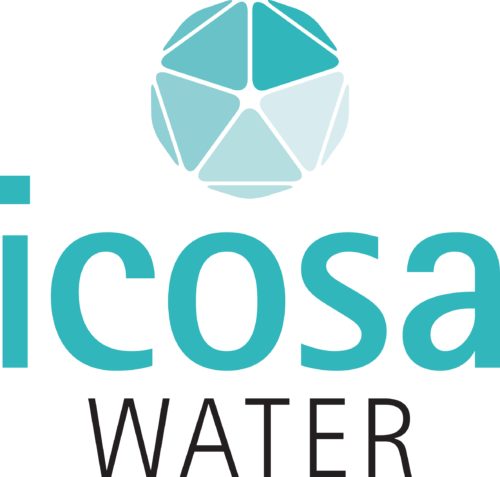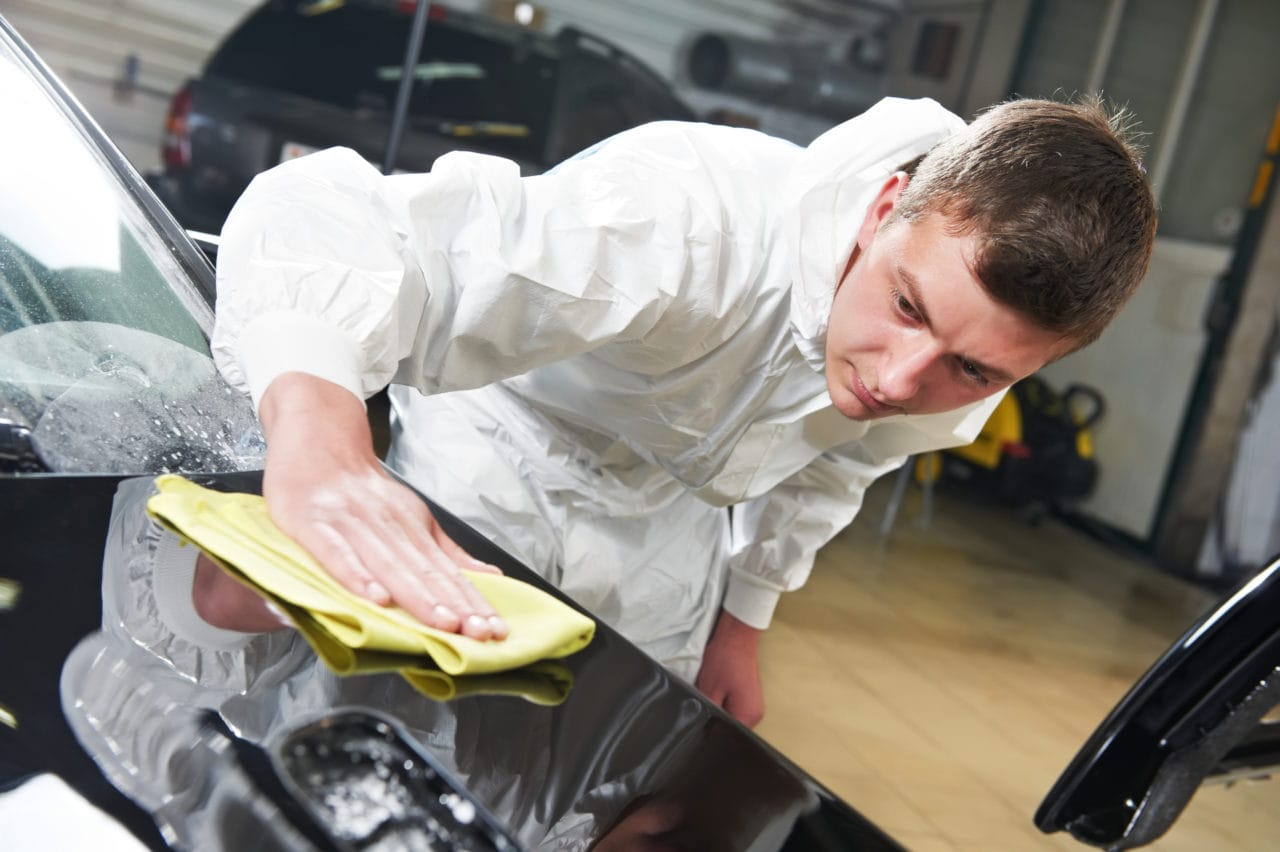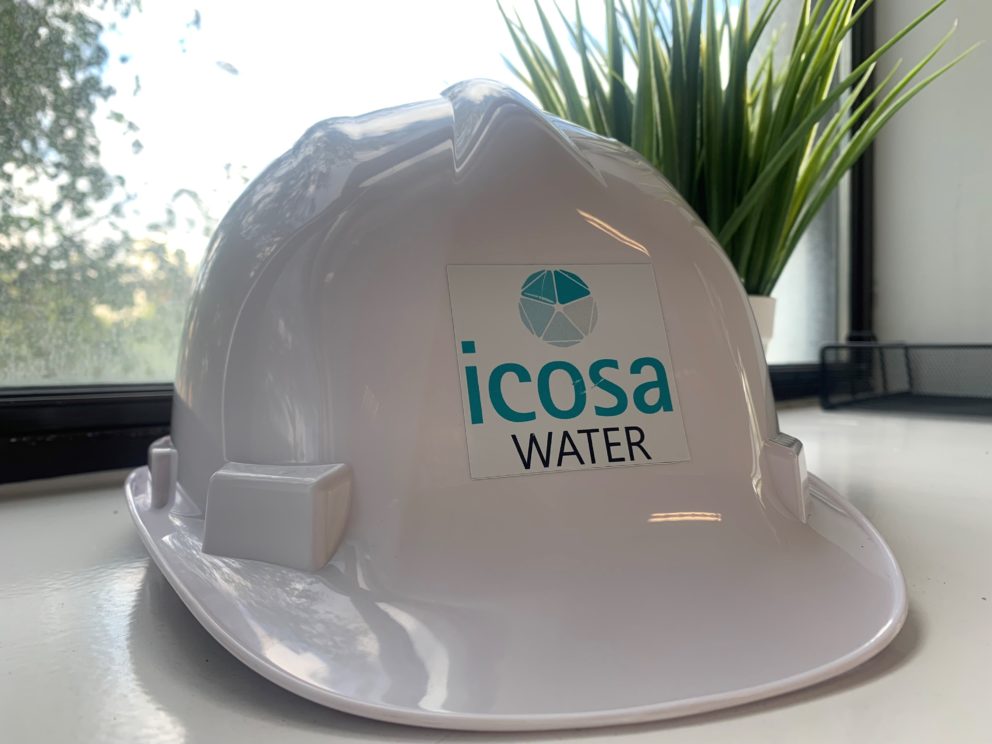Why is trade effluent important?
Water belongs to all of us. The water that you and your business use has been extracted from rivers, reservoirs and ground water sources. Once you and your business have used this water is returns to these sources and the cycle begins again.
Before water reaches your pipes it has been treated so that it is safe and ready to use. Most of the water that we all use generates a waste effluent which is usually disposed of into local sewer networks. This network transports the effluent to a water recycling centre where it is cleaned with various physical, chemical and biological processes so that it is safely returned to the environment and can be used again.
The treatment system is safe and thorough, however, if you misuse the water network it can have serious consequences for the environment and for public health. For this reason we must make sure that all trade effluents are legally discharged and in accordance with and agreed consent.
In this section we will provide you with information to help guide you through trade effluent and how to discharge legally and safely.
Download our leaflet on trade effluent for further information, by clicking here.
Please Note
If you’re currently discharging trade effluent without a consent you must contact your retailer immediately.
It is an offence under Section 118 of the Water Industry Act 1991 to discharge trade effluent without consent, so it’s important that you obtain one prior to making a discharge. Failure to obtain a consent may lead to enforcement action being taken by Icosa Water and this may result in prosecution.
What is trade effluent?
Trade effluent is the liquid waste discharged into our sewers and drains from your business or industrial process. This covers anything that’s not domestic sewerage i.e kitchen, toilet, bath, shower, hand basin or washing waste.
Wastewater discharged from hotels, pubs, restaurants, takeaways, caravan parks are not classified as trade effluent, they are however regulated under Section 111 of the Water Industry Act.
Premises must not be found to be discharging fats, oils, or food scraps into the sewers as these substances can cause blockages in the sewer network.
Blockages not only jeopardise the safe operation of the sewer network but also the staff who enter the network to clean it. Therefore, to help protect the health and safety of its Operational Teams Icosa Water will prosecute persistent offenders.
The table below shows examples of commercial and industrial properties that produce wastewater and whether the wastewater is classified as trade effluent or not.
| Yes | No |
| Commercial car wash | Kitchen and toilets at commercial properties |
| Laundrettes | Restaurants, pubs and hotels |
| Food and drink production | Hairdressers |
| Chemical Manufacturers | Dentists |
| Metal Finishers | Care homes |
| Engineering | Domestic swimming pools |
| Commercial swimming pools |
Examples of temporary trade effluent
- Heating system flushing
- Groundwater remediation
Please note: these tables are indicative and not exclusive.
For a full legal definition of trade effluent in Section 141 of the Water Industry Act 1991.
What is trade effluent consent and why do you need it?
What is a consent?
A consent is a legal document issued by Icosa Water in our role as a regulator using the powers set out in the Water Industry Act 1991. The ‘Consent’ will contain a list of conditions which must be continuously complied with. The ‘Consent’ will include conditions to control the quality and quantity of the trade effluent discharged.
Depending on the industrial or manufacturing activity together with the materials handled at the site consents will contain numeric limits for one or more of the parameters listed below.
PLEASE NOTE: This list is not exhaustive.
ORGANIC LOAD – Chemical and biological oxygen demand may be limited this is determined on an individual basis and is in place to prevent overloading of the wastewater treatment processes to ensure we manage our impact on the environment.
SUSPENDED SOLIDS – Suspended solids can cause siltation and blockages in the sewerage system. Total suspended solids at pH7 is determined on an individual basis.
SEPERABLE OIL AND GREASE – Separable oil and grease can build up within the sewer leading to odour, blockages and subsequent foul flooding. Oil and grease can also build up on equipment such as pumps and cause operational difficulties at pumping stations and treatment works.
AMMONIACAL NITROGEN – Ammonia can cause unsafe sewer atmospheres and toxicity problems in watercourses for aquatic animals. It is classified as dangerous for the environment. A guideline limit is 250mg/l however this is determined on an individual basis.
pH – The normal range of pH allowed is 6 to 10. Extremes of pH can lead to unsafe working environments, affect biological treatment systems and damage the sewer fabric network.
SULPHATE – A guideline limit is 1000mg/l, as Sulphate can cause damage to concrete structures.
TEMPERATURE – This is limited by statute to a maximum of 43.3°C.
TOXIC METALS – This group includes the metals; antimony, beryllium, chromium, copper, lead, nickel, selenium, silver, tin, vanadium and zine. Metals can cause a range of problems the presence of toxic metals can inhibit biological treatment processes and they may accumulate in the environment.
VOLUME – This parameter is normally limited to a number of cubic metres per 24 hour period and a rate of discharge in litres per second and is determined on an individual basis.
METHANE – Methane can cause unsafe sewer atmospheres. For this reason, it is limited at 0.14mg/l.
FLAMMABLE SUBSTANCES – Flammable substances or substances which can produce flammable or explosive atmospheres will be prohibited or controlled to safe levels.
HYDROGEN CYANIDE – Hydrogen cyanide is highly toxic and can inhibit treatment processes. The limit is not greater than 1mg/l.
HYDROGEN SULPHIDE – The limit for substances that can produce hydrogen sulphide upon acidification is normally 1mg/l. Hydrogen sulphide is a toxic gas that can build up in the sewer atmosphere, leading to hazardous working conditions. Hydrogen sulphide also has a very pungent odour which can cause smell nuisance.
OTHER CONTROLLED SUBSTANCES – Certain substances are controlled under European directives and a list of these substances is included in the application form for a consent (Annex 1 form G02). The list includes the metals cadmium and mercury, chlorinated solvents and a range of pesticides. These substances are controlled as they are considered persistent within the environment and can accumulate through the food chain. They can also inhibit biological treatment processes.
OTHER SUBSTANCES – Other substances that may be present in the discharge will be assessed and controlled on an individual basis. To ensure compliance with Section 130 of the Water Industry Act 1991 Icosa Water may consult with and/or seek advice from the Environment Agency to set limits for some parameters or chemicals. Tis process helps ensure that headroom (the difference between the actual discharge and the consent limit) is managed in a way that maximises available capacity for further economic growth.
However, this list is not exhaustive.
We need to know if you plan to discharge anything other than domestic waste into a drain which is connected to a public sewer network.
It is your responsibility to obtain consent prior to commencing any trade effluent discharge. It is a criminal offence under Section 118 (5) of the Water Industry Act to discharge any trade effluent to sewer without the consent from Icosa Water. If your business operates within one of our appointed areas, you may be subject to legal action if you discharge without consent.
If your business manufactures or processes materials such as and associated with:
- Chemicals
- Metal finishing
- Engineering work
- Food and drink
- Laundry, launderette or car wash
- Leisure centre with a swimming pool(s)and has an operation within one of our appointed areas it is likely that you will need trade effluent consent from Icosa Water.
Please see our areas here
- West Raynham
- Rosewood Park
- Broadland Gate
Short term discharges (e.g. contaminated groundwater from land remediation/building projects, flushing of central heating/cooling systems in commercial premises, etc.) are also subject to temporary trade effluent authorisation.
Please contact us to discuss any enquiry you have relating to wastewater discharging from your premises.
How to apply for trade effluent consent?
If you are planning to discharge trade effluent to public sewer or you have an existing discharge that you think requires a consent please contact your appointed retailer to discuss further. They can offer advice on applying for a Consent or making a change to your existing Consent.
From April 2017 all Trade Effluent applications or requests to change existing Trade Effluent discharges must be made using a national standard document, known as G/02 Form. This form can be downloaded here and we also provide further guidance documents here.
We require details of the process giving rise to the trade effluent discharge, your water usage and estimates of daily trade effluent volumes. In addition to completing the G/02 form you will also be required to provide a clear and comprehensive plan of the site drainage system showing the route taken by the trade effluent to the public sewer.
A designated sample point also needs to be identified and marked on the plan, where samples of the trade effluent can be obtained, please note that this is a legal requirement of a consent.
This point should be downstream of any treatment the trade effluent may receive but before it mixes with any other site drainage such as surface water or domestic effluent. The sample point should afford easy and safe access for sampling at all times.
There are charges associated with the application for, and subsequent issue of, a trade effluent consent and these charges can be obtained from your retailer.
It may not be possible, unfortunately, to meet with your requirements and consent may be refused. The reason that a Consent cannot be granted or changed will be discussed with you and or your retailer and possible alternatives may be offered. Reasons for refusal may include lack of treatment capacity at the receiving sewage works, for instance.
The Process
Step 1
Complete the consent application form (G/02) – if any part of your application is missing or incorrect we will return it back to you to complete. This can delay your consent application. Use our guidance notes to help you.
Step 2
Print, sign and scan your consent form and email it to us at retail@icosawater.co.uk or you can post it to Icosa Water, Sophia House, 28 Cathedral Road, Cardiff, CF11 9LJ
Step 3
Our team will check your application form to make sure everything is in order. If there are any issues with your application form, our team will be in touch with you. We will contact you directly to confirm whether the consent is likely to be granted. We have 45 calendar days to review and respond to your application.
Step 4
We will send you a copy of your final consent usually within 90 calendar days from the date they received your application. If you would like to challenge the decision or content of your consent, you can. You have a right to appeal and can lodge this with Ofwat. You must lodge your appeal within 28 days from the date of issues of the final consent.
Step 5
When your consent comes into effect, your trade effluent charges will be applied. We will confirm our charges to you prior to them taking effect.


 >
> >
>